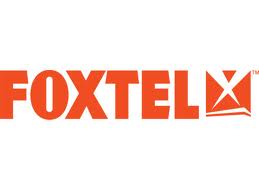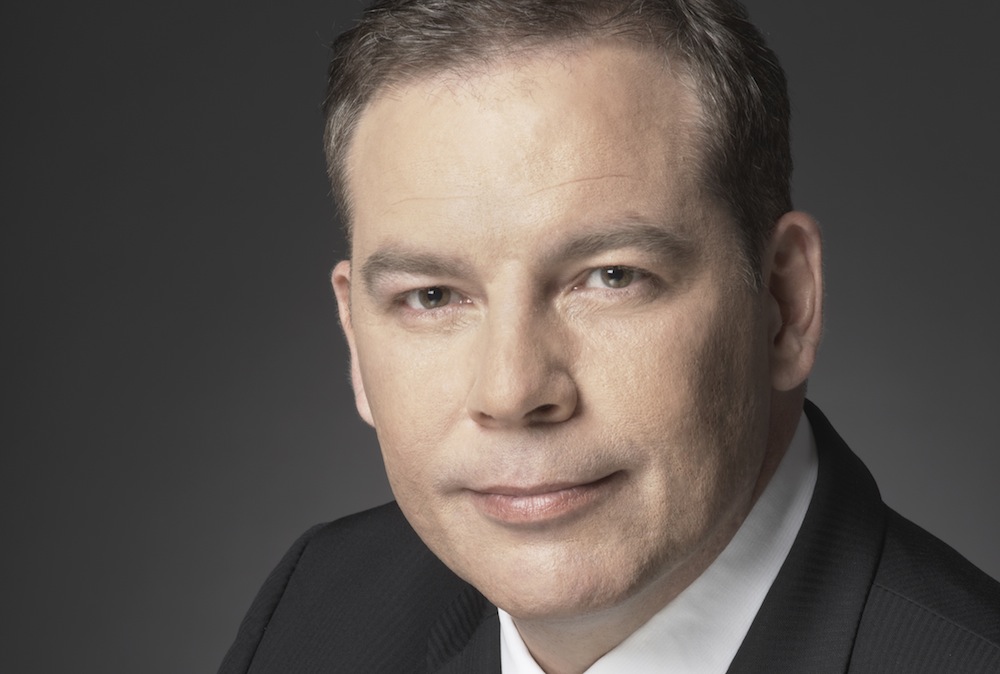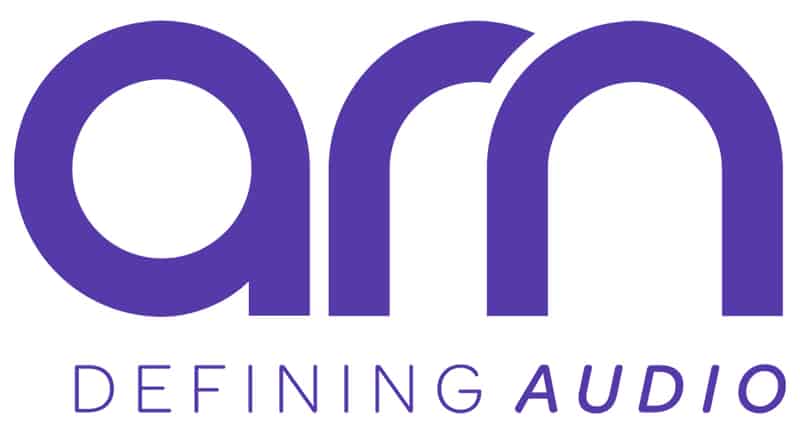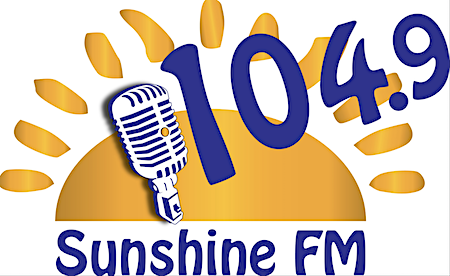It’s all about the show (pt.2)

Brian Walsh is one of Australian media’s great leaders and greatest success stories.
Long after leaving the legendary 2SM, his passion for radio remains – and his acute insights are invaluable for radio in 2012. On Friday we published Part 1 of Scott Mullers wide-ranging chat with Brian Walsh (here).
In part 2 of a conversation with radiotoday’s Scott Muller, Brian discusses his ongoing passion for radio and how it’s the medium closest to the DNA of Foxtel subscribers, the opportunities presented by the changing media landscape and increased competition – and the people who have been his key mentors, heroes, and influences.
Who were your greatest mentors – the people who inspired you to success?
“John Brennan (right). No question. He has had an extraordinary influence, not just in terms of mentoring me commercially, but also morally. He remains, if not the most, certainly one of the key people in my life who provides guidance and inspiration.”
“When the Publicity Manager at Ten was looking for someone to join his team he phoned Brennan (he’d heard that Brennan’s daughter might be a great option) … and, so generously, Brenno said the person you should be talking to is Brian Walsh. Any success in television or radio or PR or sports management is because Brennan showed me the way and continued to inspire me with ethics.”
“(Another key influence was) Tony Moltzen during the time he was boss of 2SM – he let me get away with so much, including budgets. People don’t remember how much you spend so long as it was successful. Tony was a terrific influence in my career.”
“And, generally, Sam Chisholm has been instrumental in terms of my success in television, and the qualities I think about on a daily basis in terms of commissioning, acquiring, talent. There’s just so much that Sam engineered for Nine here, and Sky in UK – he’s been an incredible influence in my career.”
So much of your career hasn’t been in radio – yet you’re clearly still passionate about it…
“One of the reasons Sam took me to Sky is he said ‘the Brits don’t understand publicity’. And one of the first things I did in the UK was to meet with Capital Radio and all the other stations. I’ve never lost my love for the medium, or the knowledge of how powerful the medium is. Even now it’s the medium closest to the DNA of a Foxtel subscriber – radio is very much a part of the lifestyle of Foxtel customers”.
The Changing Media Landscape & Distribution
“People are becoming a lot more discerning about how they acquire content and where they get it from. (When it launched) Foxtel promoted choice – there was a world of entertainment, not just a few channels. And now that there are teenagers who have grown up with the choice of having multiple stations, I think we’re seeing a maturity of the subscription sector. It’s about providing niche channels – programming you can’t get on free TV – and the importance of HBO, sports, NRL, AFL, HD…”
“The greatest wakeup call we’ve had is not the free to air industry – we’ve been competing there for 16 years, they’ve added some free channels, more choice – but it hasn’t really enhanced television. The greatest competition we’ve had to face is piracy. It’s something that impacted on the music industry, and it’s certainly impacted us. 65% of video consumption is illegal. Consumers don’t think they’re committing a crime. But it’s intellectual theft.”
 “What I read from this is ‘we’re not going to wait for Foxtel to show Game of Thrones – if it’s on in the UK tonight we want to watch it tonight. We know there’s a world on tap and we want to tap into it’.”
“What I read from this is ‘we’re not going to wait for Foxtel to show Game of Thrones – if it’s on in the UK tonight we want to watch it tonight. We know there’s a world on tap and we want to tap into it’.”
“(And while) people are continuing to watch large screen TVs, increasingly they’re using tablets. Foxtel must be available on your phone, your tablet, etc. We’re focused on launching Foxtel-Go, the product you can take anywhere – a wonderful remote piece of technology”.
“Foxtel has always been recognized for technology. We have one of highest penetrations in the world for IQ – 82% of Foxtel customers have IQ, storing TV to watch in their own time. And whilst I have a team of programmers looking at (program) slots, we know that 80% may possibly time-shift what they watch.”
“Reality shows and sports are what they watch live. Dramas are the kinds of things they timeshift to save for later. That’s fine, so long as they watch it. So our business model is healthy.”
“The other thing is to embrace competition, and treat the audience with honesty. You’ll be rewarded for it. And that’s particularly important in my business. It’s different in free TV – you can extend ad-breaks, shift the start and end times of programs. In subscription you just can’t do that – they expect loyalty. You can’t just yank a show if it’s not rating.”
“It’s something that I’ve said to my team for years because we are faced with challenges every day – every day we’re increasingly asked to multitask. When I started Foxtel had 15 channels, now it’s 200+. How is it possible to consume and be on top of program ideas, and to deal with stress … and the answer is to remember one thing – we spend our working lives making other people’s leisure time more enjoyable. That’s something we’re actually engineering for them. That’s something I encourage my team to think about all the time. If you’re not there for the fun of it, to make life more enjoyable for people….”
“Ultimately, it’s no different to showing surf movies all those years ago. It’s showmanship. It’s all about the show.”
|
Scott Muller is Director of MBOS Consulting Group, a media management and consulting firm. |




